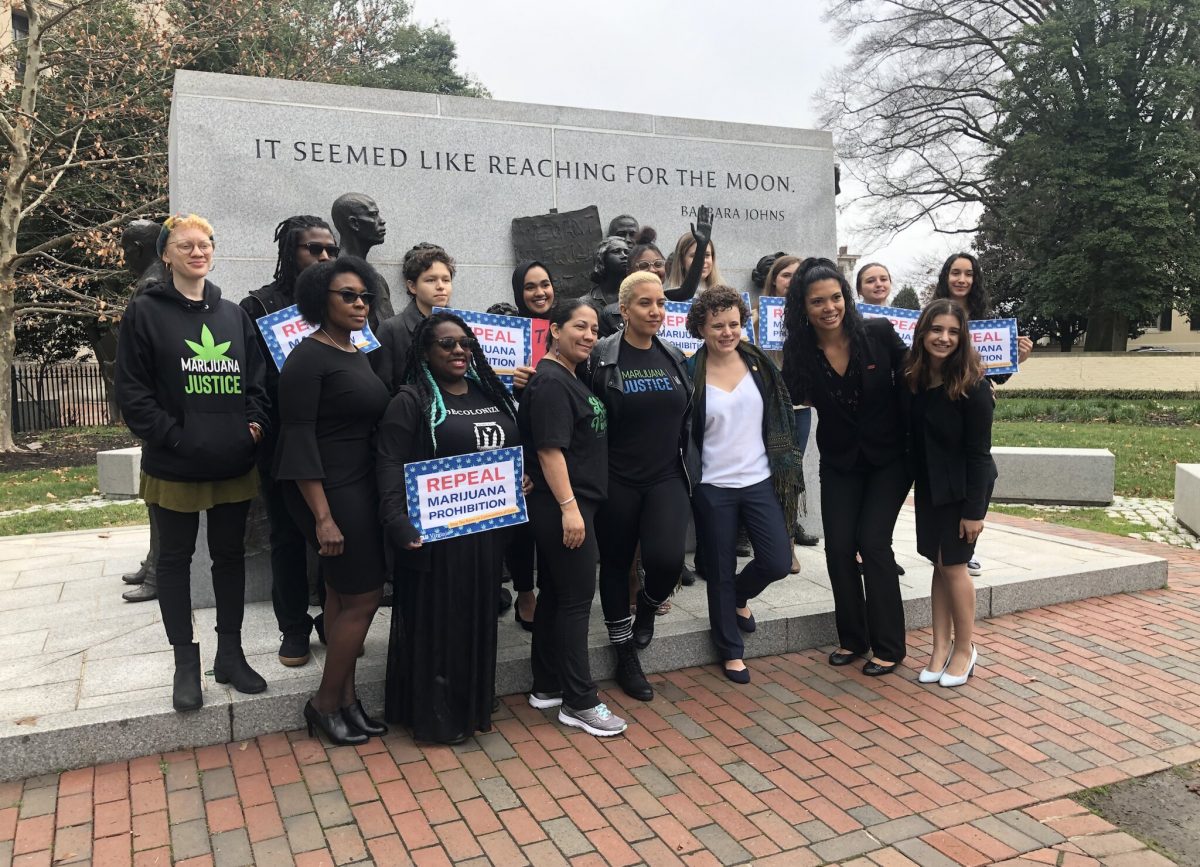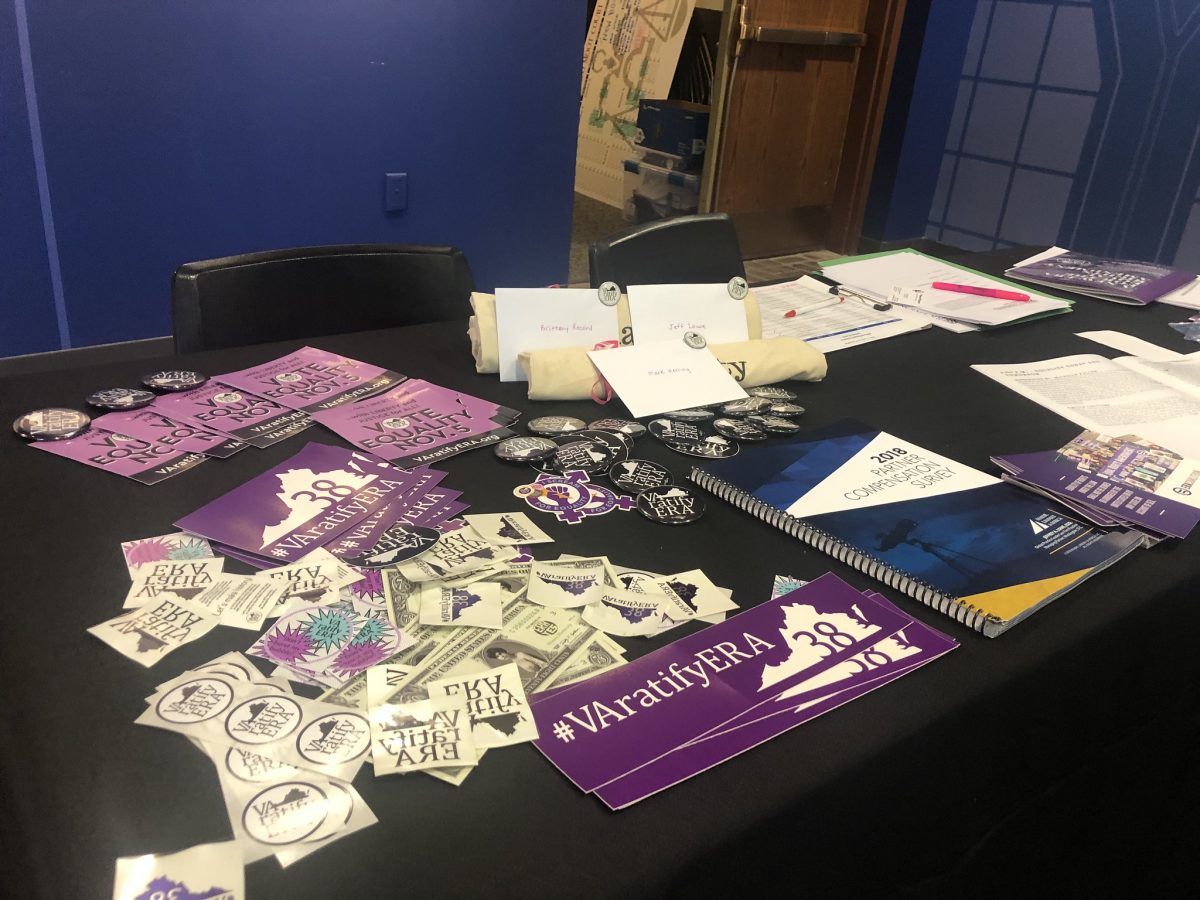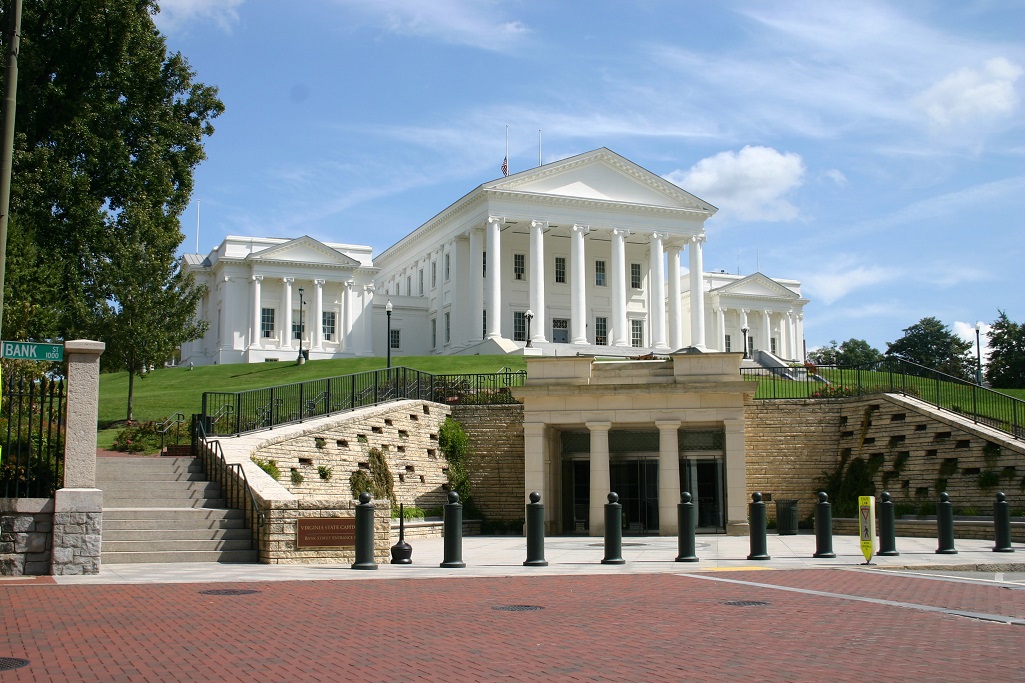Marijuana was originally scheduled to become fully legal in Virginia in 2024, but now Governor Northam has listened to advocates and is now working to move up the timeline, potentially making it legal this summer. Virginia Gov. Ralph Northam amended legislation to...



